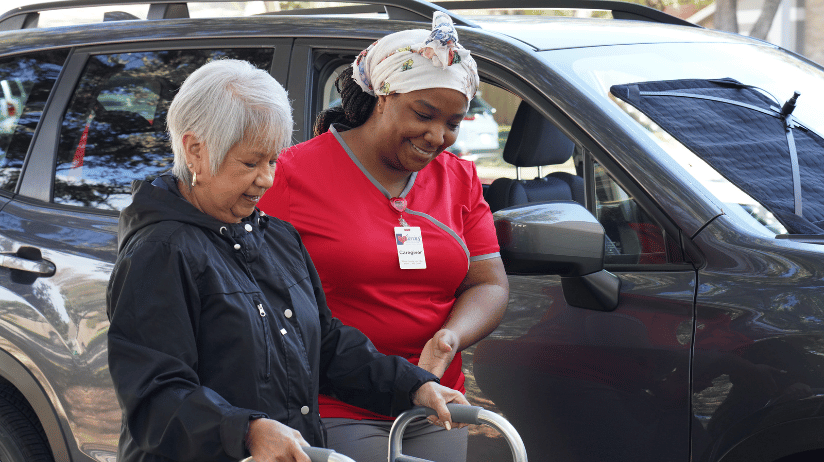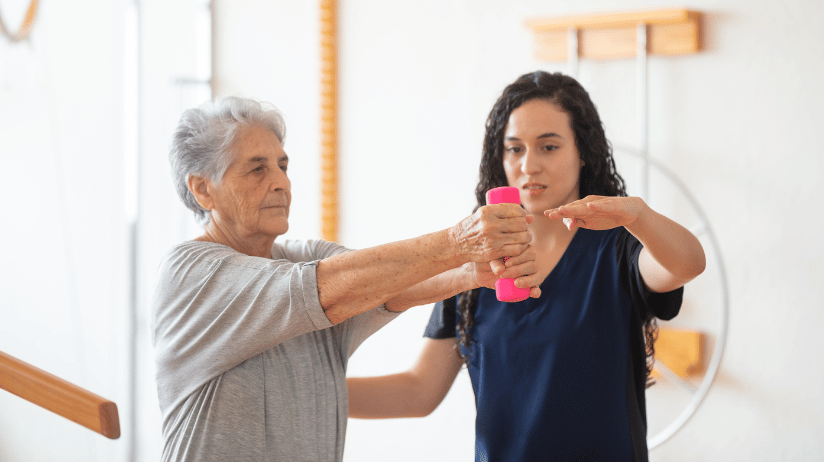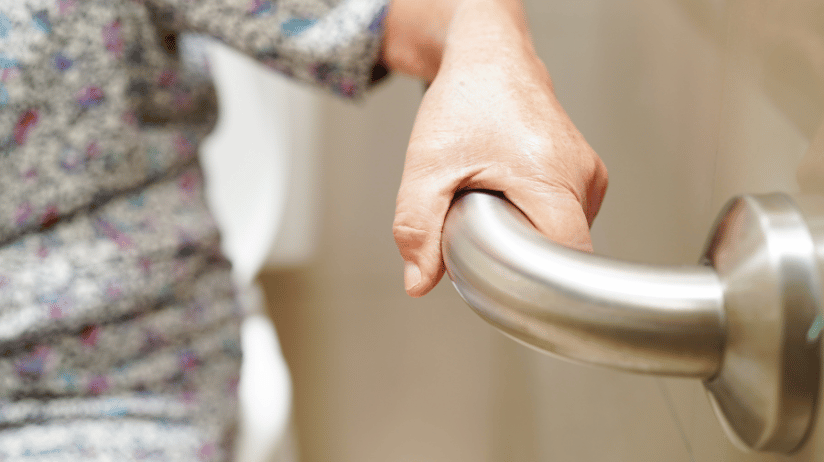
In our fast-paced and digital world, it's easy to overlook the value of a individualized care. Some senior care companies are...
Tags: Senior Health, Senior Living

Tax season can be a daunting time for seniors and family caregivers. But with the right information and resources, the process...
Tags: Finances

Parkinson's disease is a neurodegenerative disorder that affects movement, balance, and coordination. Seniors with Parkinson's...
Tags: Parkinson's

The golden years provide an opportunity to explore new interests, stay active, and cultivate a sense of purpose. While free time...

Like the distinction between dementia and Alzheimer's disease, Parkinsonism and Parkinson's disease are related terms, but they...
Tags: Parkinson's

Aging often comes with unique challenges that can impact our ability to perform daily activities. As older adults navigate their...
Tags: Therapy

The terms "hospice" and "palliative care" are often used interchangeably, leading to confusion among patients and their families....
Tags: Long-Term Care, Senior Health, Home Care

As we age, our mouths and teeth change, which can cause problems if not addressed. Plus, a healthy smile boosts confidence and...
Tags: Dental Health

As loved ones age, it becomes increasingly important to focus not only on their physical well-being but also on their emotional...
Tags: Senior Health, Mental Health

As our nation's heroes age, the need for specialized care and support becomes increasingly important. The U.S. Department of...
Tags: Veterans

As we age, our nutritional needs undergo significant changes. A well-balanced and nutrient-dense diet becomes crucial for...
Tags: Senior Health

As loved ones age, they may face challenges in maintaining their independence and need help. One of the most sensitive times a...
Tags: Incontinence, Family Caregiver
Caring Senior Service National HQ
201 East Park Avenue, Ste 200
San Antonio, TX 78212
© 2024 Caring Senior Service. All Rights Reserved.